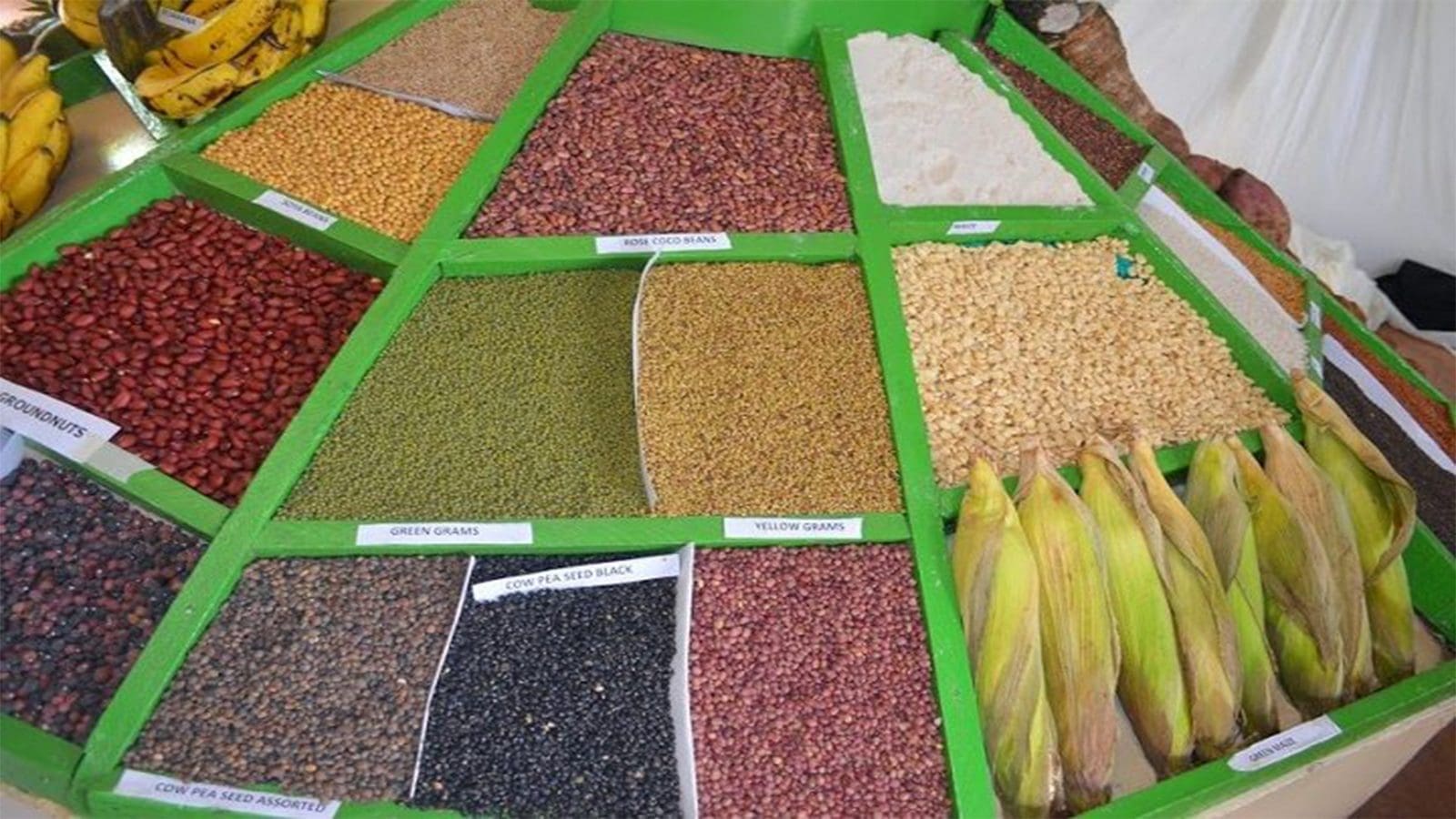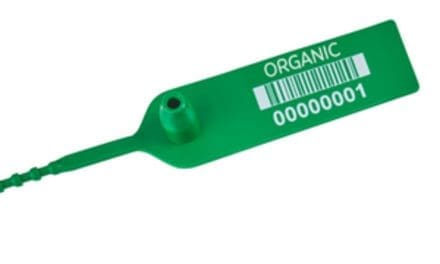U.S – Neogen Corporation has introduced a new quantitative assay for detecting cashew allergens in products, just a few months after it debuted one for peanut allergens.
The second assay in Neogen’s new Veratox VIP line of enhanced quantitative ELISA products, Veratox VIP for Cashew allergen test demonstrates robust performance across sample types, while maintaining the simple testing methodology of the Veratox product line.
“As plant-based foods and alternative proteins become more in-demand in the marketplace, it is important that we offer highly sensitive tests that are able to detect even the lowest levels of food allergens in order to protect consumers around the world.
“Cashew is being used more frequently and in more unique ways than before, and it is important that Neogen offers an easy-to-use and highly sensitive solution for its detection,” said John Adent, President and CEO, Neogen.
This novel quantitative assay exhibits great sensitivity to cashew protein concentrations as low as 0.2 ppm.
In addition to heat-processed and UHT matrices, the product is suitable for evaluating samples from a wide range of product types and processing settings.
The testing process used by Veratox VIP for Cashew is the same as that used by Neogen’s other Veratox products, which includes a 30-minute time-to-result and ready-to-use, non-hazardous reagents.
In May this year, the company launched Veratox VIP for peanut assay which rapidly quantifies low levels of peanut protein residues in food products, ingredients, and clean-in-place rinses.
This innovative quantitative test utilizes the pairing of a unique antibody combination and a modified extraction process to robustly detect levels of peanut protein down to 0.25 parts per million (ppm).
The product has been validated in a wide variety of product types, including both minimally and further-processed products. According to Neogen, this flexibility makes the assay appropriate across different food manufacturing and laboratory environments.
Neogen is a well-known innovator in the creation and distribution of diagnostic tests to identify unintentional allergen contamination of food that isn’t indicated on the ingredient label.
As a result, it offers a wide range of rapid test kits for more than 19 distinct food allergens, including hazelnut, peanut, milk, egg, almond, gliadin (gluten), soy, and mustard.
According to Research and Markets, the global food allergen testing market is expected to register growth at a CAGR of 7.01% in the projected phase 2022-2028.
One of the main factors fueling the market expansion is the rise in food allergies among individuals worldwide.
Additionally, factors like the expansion of international food trade and strict government regulations will help the market thrive.
Liked this article? Subscribe to Food Safety Africa News, our regular email newsletters with the latest news insights from Africa and the World’s food safety, quality and compliance. SUBSCRIBE HERE








